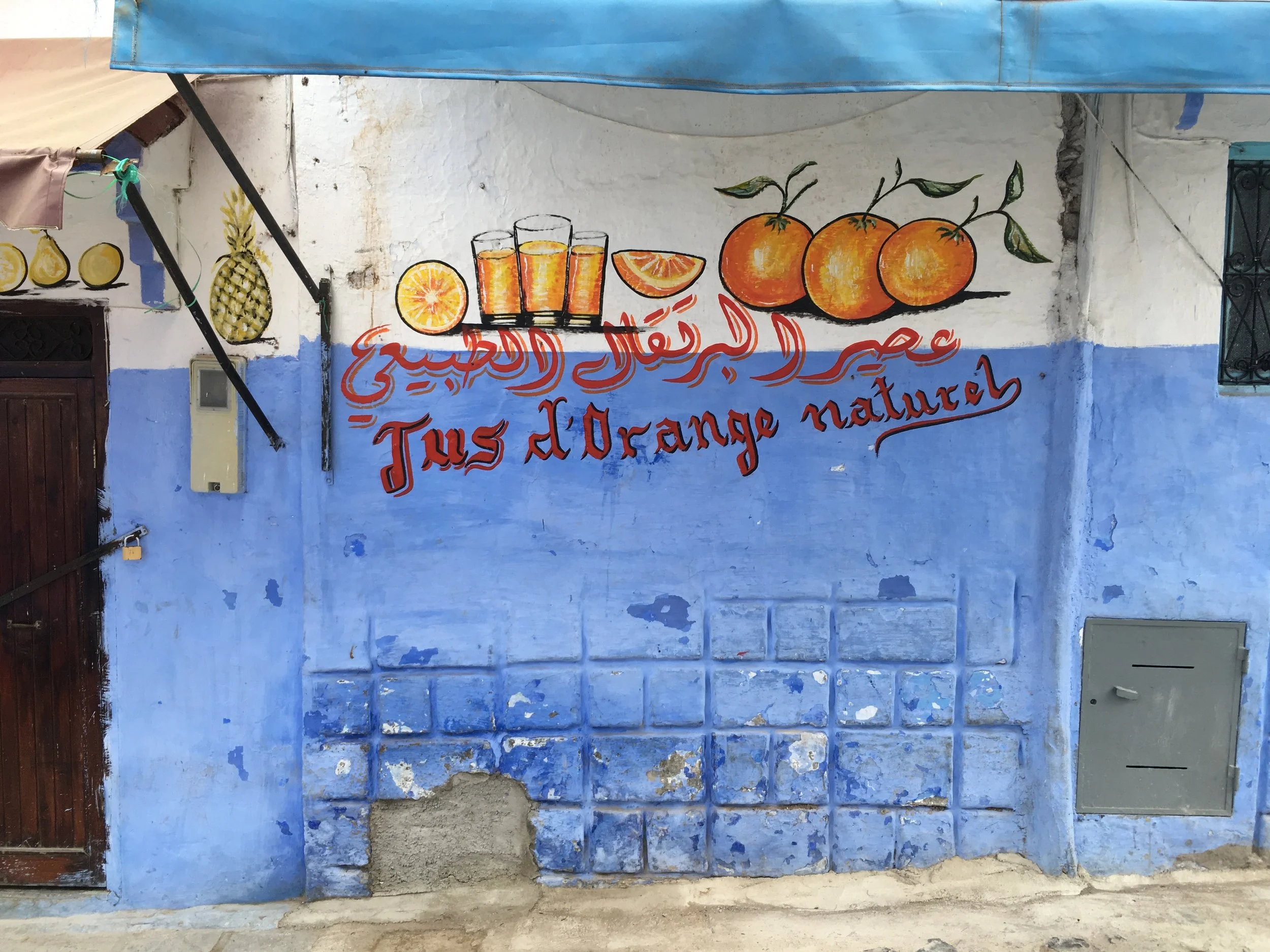Book recommendations. Updates. Occasional commentary on Middle East news. Sign up below to get it all as a monthly newsletter.
A Free Syria
I woke up like so many others this morning to the news that the city of Damascus and the regime of Bashar El-Assad has, incredibly, fallen. This had become a possibility over the last few days, as rebel groups swept across the country and the army dissolved and yet — as is so often the case — the end of what seemed an impregnable power came with a sudden, dream-like ease, reality re-arranging itself.
I went to buy groceries here in Amman and the lovely Syrian shop assistant — who had told me before how he and his brother fled into exile years ago — was beside himself at the prospect of being able to return to his hometown, Homs. His phone was open to video chats with friends and relatives, he kept shaking his head in disbelief and delight. “We're going back,” he said, and I congratulated him and almost started crying (I’m a crybaby).
I only visited Syria once, twenty years ago. I found Damascus beautiful. My picture of the country is partly formed by the Syrians I’ve met over the years, by Syrian friends, and by following the devastating news and scenes of the Syrian uprising and civil war. And then by readings. The works of the playwright Sa’adallah Wannous — a leftist, anti-imperialist and engagé artist whose life and work, from the 1960s to the 1990s, took amazing turns, and who I’ve written about here. Syrie, l’État de Barbarie, the seminal analysis of the Assad regime by the great Michel Seurat (who was assassinated in Beirut in 1986). The Impossible Revolution by the great Syrian intellectual and dissident Yassin El-Hajj Saleh, whose wife Samira Khalil is one of the many disappeared of the civil war. Today, as we see footage of prisoners being freed from Assad’s prisons, I also keep thinking of the prison memoir The Shell, by Mustafa Khalifa, who spent years in the infamous Tadmour prison. This is one of those excellent books that you can nevertheless hardly recommend — it is such an unbearable read that you hesitate to take the responsibility of putting someone else through the experience. (I wrote about it here).
The book is un unanswerable indictment of the Assad regime, which stood out — in a crowded field — for its extreme, repugnant violence against its own people. (And any so-called leftists and anti-imperialists who have defended it on ideological and geo-strategic grounds over the years have provided a case study of moral blindness and utter stupidity). There is much to be worried about, for the future, and many Syrians are. They have already been through so much. But today we can witness their relief and pride and hope that they are able to build the future they deserve, after unimaginable suffering and sacrifices and such a long, long wait.
Going back to blogging in the year 2024
Part of the reason I decided to create this website was to have a place to write posts sometimes.
I used to blog, a lifetime ago, at The Arabist (which was created by my brilliant then-boyfriend now-husband Issandr Elamrani). I am always startled when I visit the blog’s archives and realize just how much I wrote there at one point.
In fact blogging is the only way I’ve ever enjoyed writing online. I’m not witty or aggressive or thick-skinned enough to be good at Twitter. I don’t want to provide free content for Facebook or Instagram and whatever marketing schemes/AI training they are deploying over there. Using Substack means giving myself deadlines, a job. I figure if I’m going to write for free, for fun -- why not do it somewhere where it belongs to me? What I mostly plan to share here are short book reviews and book recommendations.
October Book recommendation
Maya Abu Al-Hayyat is a gifted poet and a charming individual (I know because I met her in Jerusalem a few years back, where she impressed with her openness and her kindness). I highly, highly recommend her poetry collection, translated by Fady Joudah, You Can Be The Last Leaf. Al-Hayyat has also just published a novel (which draws on her own autobiography), No One Knows Their Blood Type (once again Al-Hayyat has a fantastic translator, Hazem Jamjoum). It is the book I’ve read in the last month that I could not put down — that I barely took notes in, because I was too busy experiencing it to think about it, analyse it. It opens with a woman discovering that she does not have the same blood type as her father, and therefore that the man she thought was her father most likely is not. Also that she may not be Palestinian, although being Palestinian has defined her whole life. Her father was a fighter and a mid-ranking member of the Palestinian Liberation Organization. He was also a violent, blind, domineering man. The books tells the story of how the narrator and her sister grew up — and it is a dramatic and at times tragic story, spanning Beirut, Amman, Tunis and Jerusalem. Al-Hayyat’s writing is electric, she is a such a writer that she overflows with things to say and original ways of saying them. Everywhere she turns her eye — to the distant past of her childhood or to her present surroundings — she picks up something memorable. And the tone is, as is always the case with Al-Hayyat, light and insightful and tender beyond what you could possibly expect in telling a story that is often traumatic and heartbreaking.
